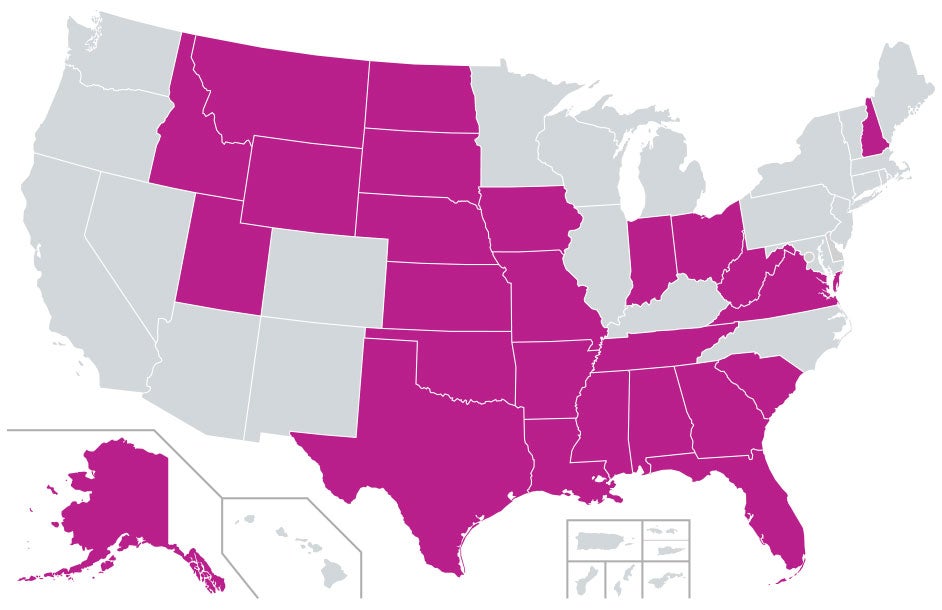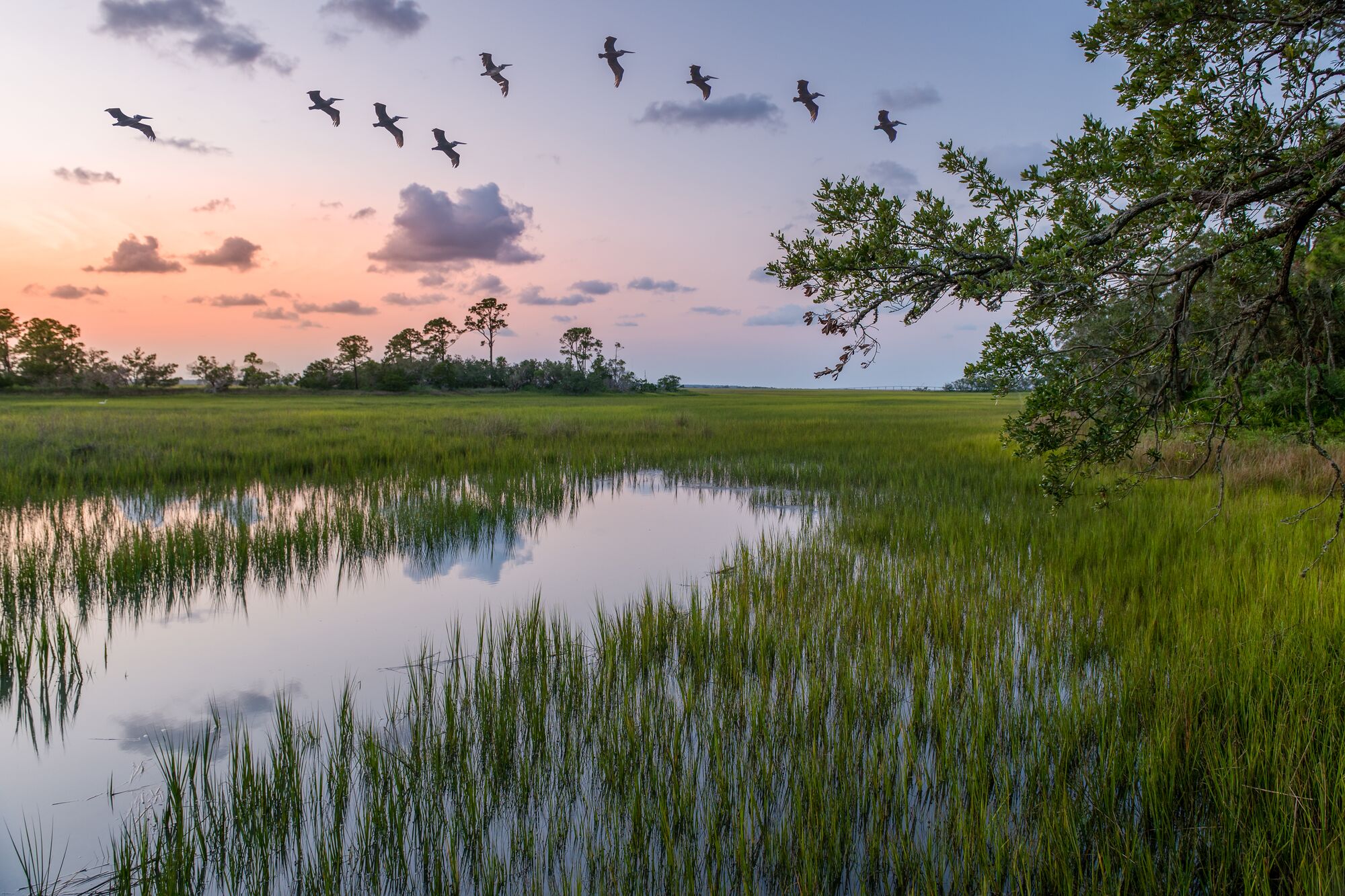Earthjustice goes to court for our planet.
We’re here because the earth needs a good lawyer.
New Ruling Weakens Protections for Waterways in Nearly Half of Nation’s States
This page was published 2 years ago. Find the latest on Earthjustice’s work.
A North Dakota judge weakened protections of our nation’s clean wetlands, rivers, streams, and drinking water by blocking the Biden administration’s “Waters of the United States” (WOTUS) rule in 24 states.
For decades, polluting industries like mining and Big Ag — and politicians in thrall to them — have fought to limit which waters receive federal protections. The North Dakota federal court’s decision strips away science-based protections that the Biden administration recently adopted in 24 states where Republican attorneys general challenged them. This happened a month after a Texas judge, in a similar but separate ruling, also blocked the updated WOTUS rule in Texas and Idaho. Twenty-six states are now operating with weaker clean water rules than the rest of the country. Thousands of wetlands are at risk of industrial pollution.
Over the years, Earthjustice has fended off many industry efforts to open our precious waterways up to pollution and jeopardize public health. We will continue to fight alongside our partners to ensure that science and the law prevail.

The North Dakota federal court ruling affects waters in West Virginia, North Dakota, Georgia, Iowa, Alabama, Alaska, Arkansas, Florida, Indiana, Kansas, Louisiana, Mississippi, Missouri, Montana, Nebraska, New Hampshire, Ohio, Oklahoma, South Carolina, South Dakota, Tennessee, Utah, Virginia, and Wyoming.
What is “Waters of the United States,” and what does it have to do with the Clean Water Act?
- The Clean Water Act establishes the regulations of pollutants into the waters of the United States. “Waters of the United States” is a term in the Clean Water Act that establishes the scope of federal regulation under the Act.
- The executive branch defines which U.S. waterways fall under WOTUS and are thus regulated by the Clean Water Act.
The latest skirmish in this decades long fight is over the Biden administration’s newly proposed WOTUS rule, backed by years of scientific evidence.
- Last year, the Biden administration expanded and strengthened protections for wetlands, streams, and other waterways through finalizing a new WOTUS rule. These protections are essential because wetlands and streams are ecologically important in their own right, and because they feed into larger bodies of water like rivers and lakes.
- Polluting industries like mining companies, Big Ag and fossil fuel developers, have fought clean water rules for decades. In 2021, Earthjustice beat back a Trump administration attack on WOTUS that eliminated protection for thousands of wetlands, headwater streams, and desert washes.
- The federal agencies that made the new WOTUS rule, the U.S. Environmental Protection Agency (EPA) and U.S. Army Corps of Engineers, reviewed hundreds of scientific articles and worked through thousands of public comments to develop a framework for protecting our nation’s waters from industrial pollution.
Industry and conservative states have pushed back against these protections, weakening water regulations.
- The North Dakota judge’s ruling halts clean water safeguards and strips protections from many types of wetlands, streams, and interstate waters in 24 states.
- Headwater streams and wetlands play a crucial role in protecting downstream waters from flooding, pollution, and other adverse impacts. That point has since been reaffirmed by the overwhelming scientific record and Congress.
- The North Dakota federal court ruling affects waters in West Virginia, North Dakota, Georgia, Iowa, Alabama, Alaska, Arkansas, Florida, Indiana, Kansas, Louisiana, Mississippi, Missouri, Montana, Nebraska, New Hampshire, Ohio, Oklahoma, South Carolina, South Dakota, Tennessee, Utah, Virginia, and Wyoming.
- This comes after a federal district court in Texas issued a similar rule halting the Biden administration’s WOTUS rule from taking effect in Texas and Idaho.
Other fights for water remain.
- The Supreme Court is considering a case this term called Sackett v EPA, which challenges the applicability of the Clean Water Act to thousands of wetlands.
- If the court sides with the plaintiffs (Sackett), it will dramatically reduce the number of wetlands and streams protected by the Clean Water Act.
- Earthjustice filed an amicus brief to the Supreme Court in June on behalf of Native tribes seeking to defend existing water protections for the waterways they rely on for food, economy, and culture.
